medicine
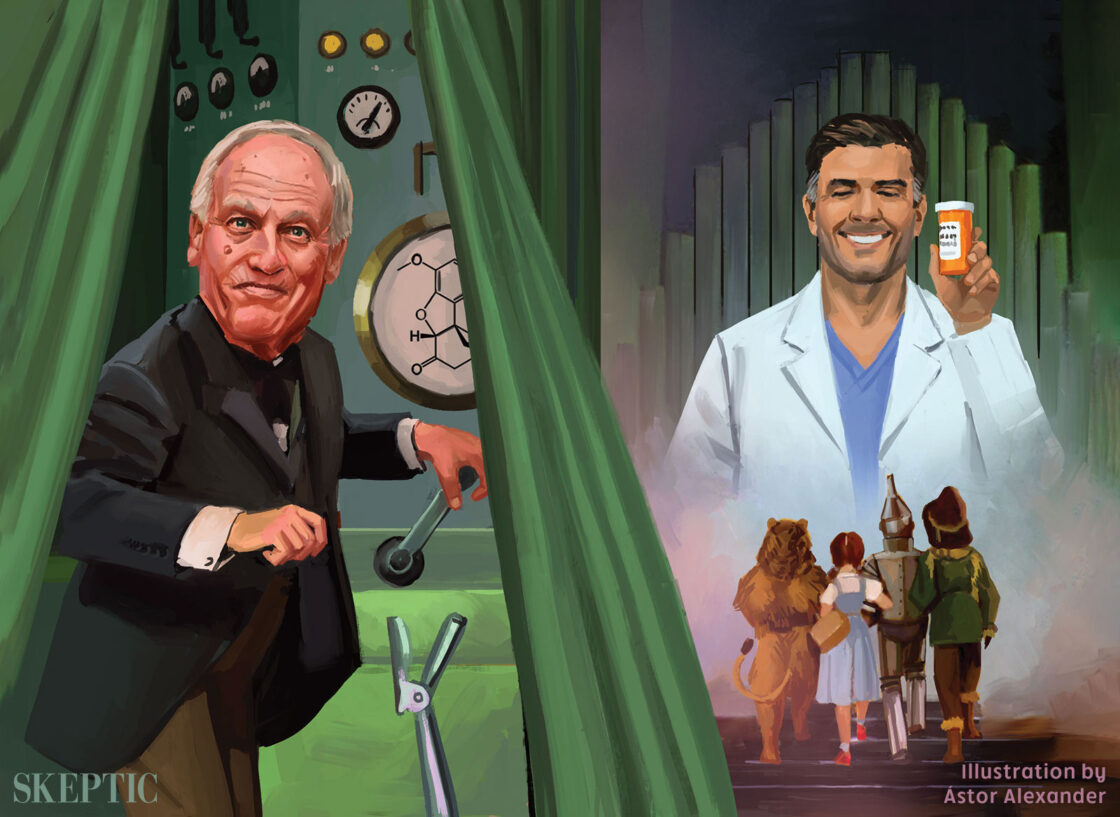
Gerald Posner discusses the opioid crisis, highlighting the history of opioids, the role of the pharmaceutical industry, and the marketing tactics used to promote drugs like OxyContin. Posner emphasizes the greed, poor government regulation, and missed opportunities that contributed to the crisis. He also mentions the legal actions taken against Purdue Pharma and the Sackler family, who profited from the epidemic. The article provides a comprehensive overview of the opioid crisis and its devastating impact on American society.
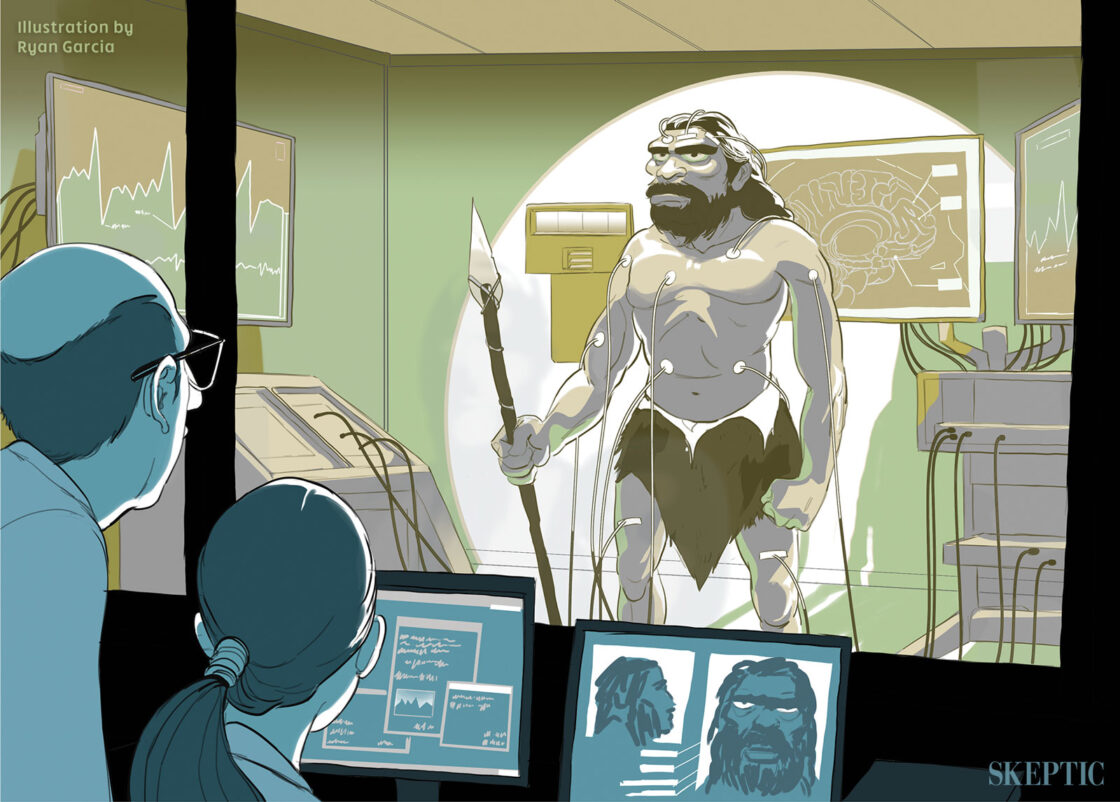
“Nothing in biology makes sense except in the light of evolution.” —Theodosius Dobzhansky Why can one person smoke and drink heavily into their 90s while another dies from cancer in their 40s? Why are we fat? Why does a suntan look and feel so good if it is bad for us? Why is alternative medicine […]

Skeptic: Let’s start with the big questions. What is the problem to be solved? And why is systems biology the right method to find the answer? Leroy Hood: The problem is this great complexity. Reductionism is the approach where you take an element of a complex system and study that element in enormous detail. However, […]
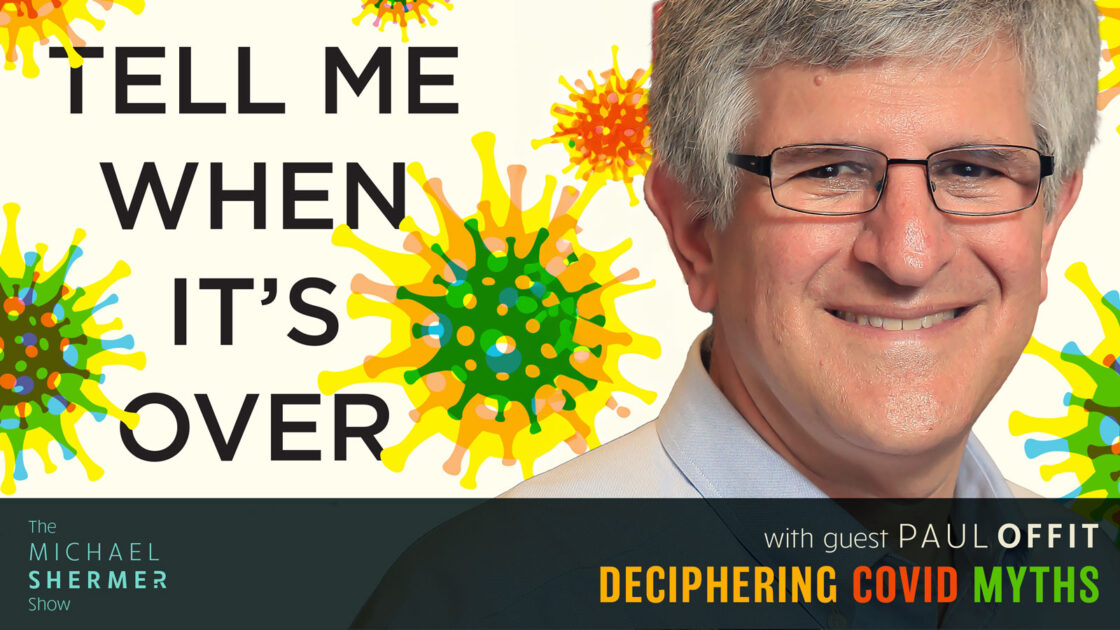
Shermer and Offit discuss: mRNA vaccines • science gone wrong or part of the long and risky history of medical innovation? • loss of trust in medical and scientific institutions • overall assessment of what went right and wrong • mandates vs. recommendations • economic costs • lab leak hypothesis vs. zoonomic hypothesis • debating anti-vaxxers • treatments • high risk vs. low risk groups • Robert Malone,Joe Rogan, RFKJ, Peter Hotez, Del Bigtree • Stanford professor Jay Bhattacharya censored for signing the…
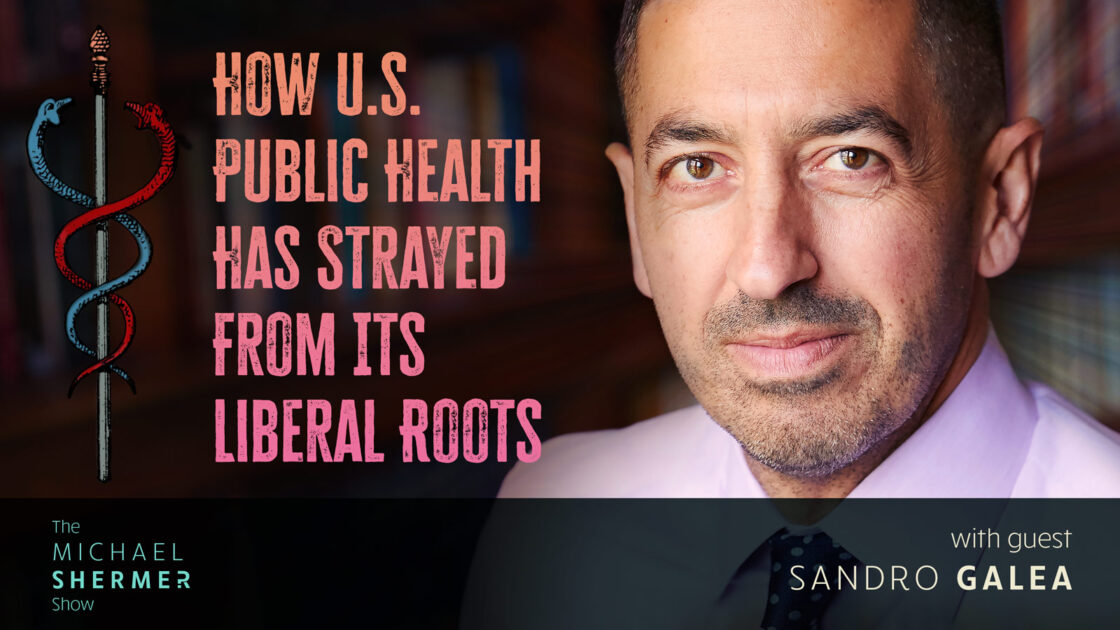
The Covid-19 response was a crucible of politics and public health—a volatile combination that produced predictably bad results. As scientific expertise became entangled with political motivations, the public-health establishment found itself mired in political encampment. It was, as Sandro Galea argues, a crisis of liberalism: a retreat from the principles of free speech, open debate, and the pursuit of knowledge through reasoned inquiry that should inform the work of public health.
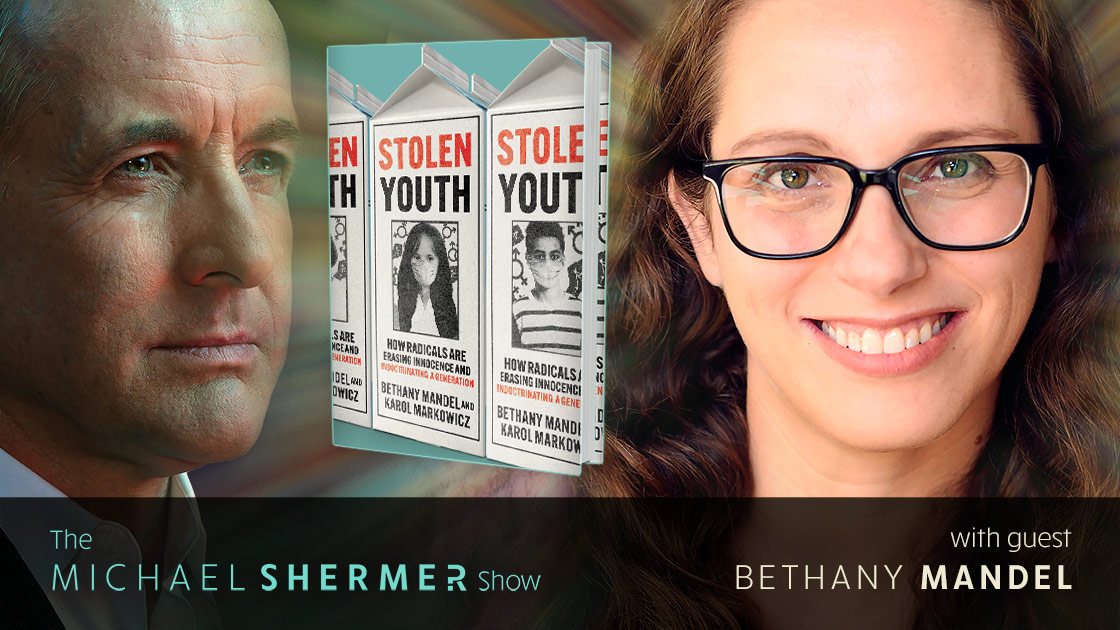
Shermer and Mandel discuss: the problem of woke ideology • anecdotes vs. data about woke actions and intentions • sex and gender • woke medicine • transgender affirming care • government vs. private responses to social movements and ideas • Trump, DeSantis, Liz Cheney, the Lincoln Project, and other GOP issues • abortion: pro-Choice or pro-Life? • support for children: government or private? • What is “the left” and how does it differ from liberalism, classical liberalism, and libertarianism? •…
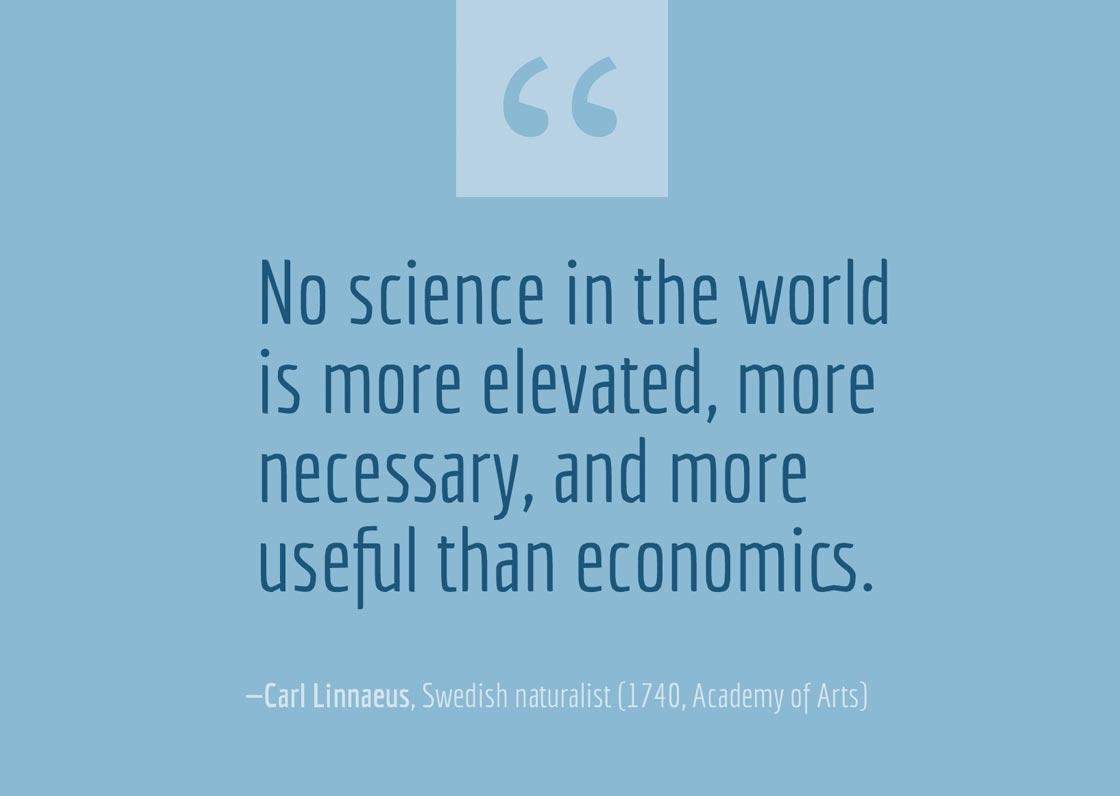
What is money, what is it based on without a gold standard, and can cryptocurrency ever replace it? Why are young people so attracted to democratic socialism, and is there a better alternative? Should valuable goods and services such as college education, medical services, and transportation be made available to the public for free? What is the secret to the success of capitalist nations? Do economists offer any solution to the global warming threat? “America’s Economist,” Mark Skousen, helps make…
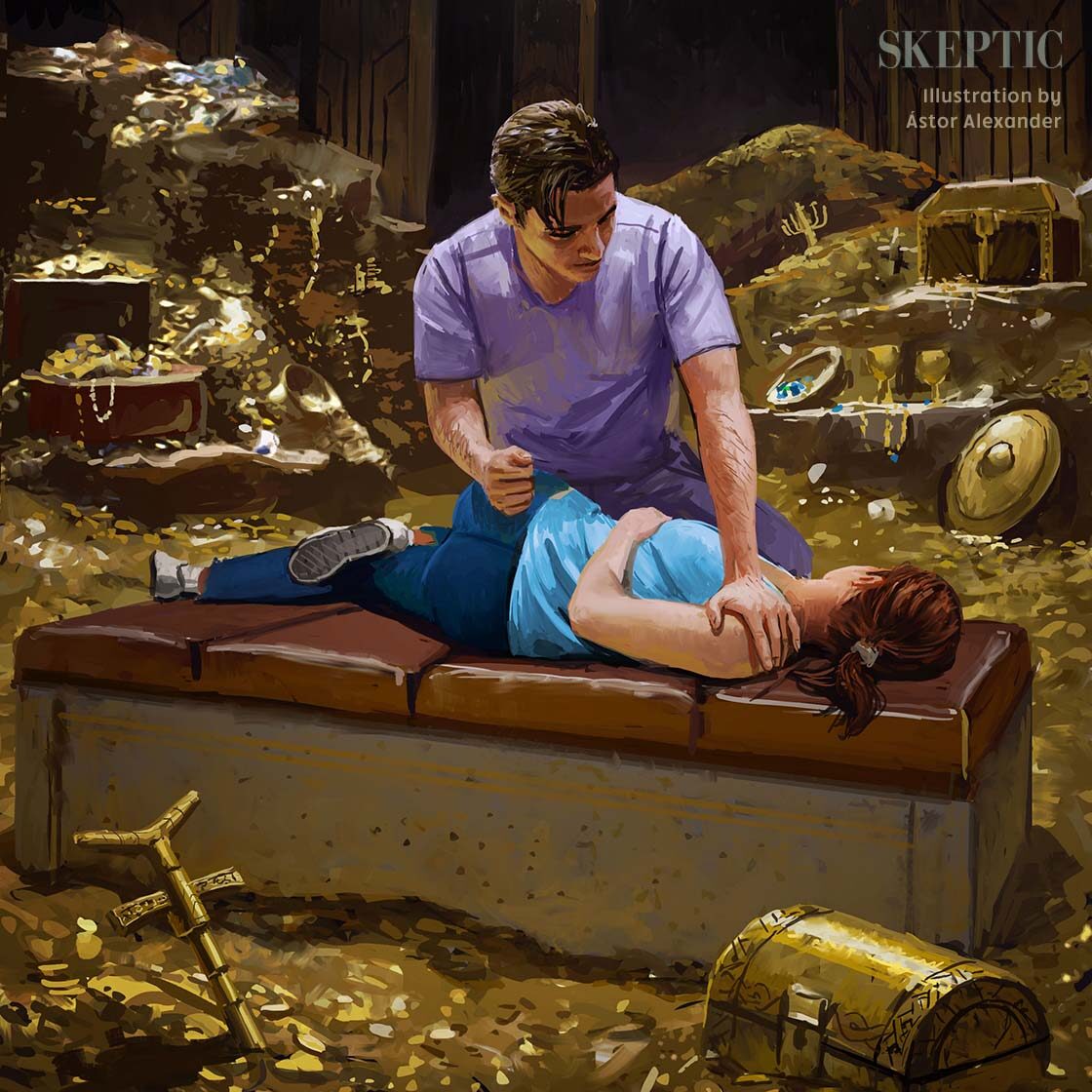
The origin of chiropractic medicine has long been under dispute, with most modern chiropractors denying that its purported founder, D.D. Palmer, copied osteopathy. Yet, the two schools of thought were nearly identical at their beginnings, and just a few hours apart by railway. Further, chiropractic was “discovered” the same year—1895—that the first class of the American School of Osteopathy (ASO) was graduated. Chiropractors dismiss the sudden emergence of chiropractic so near in time and space to the ASO as a…
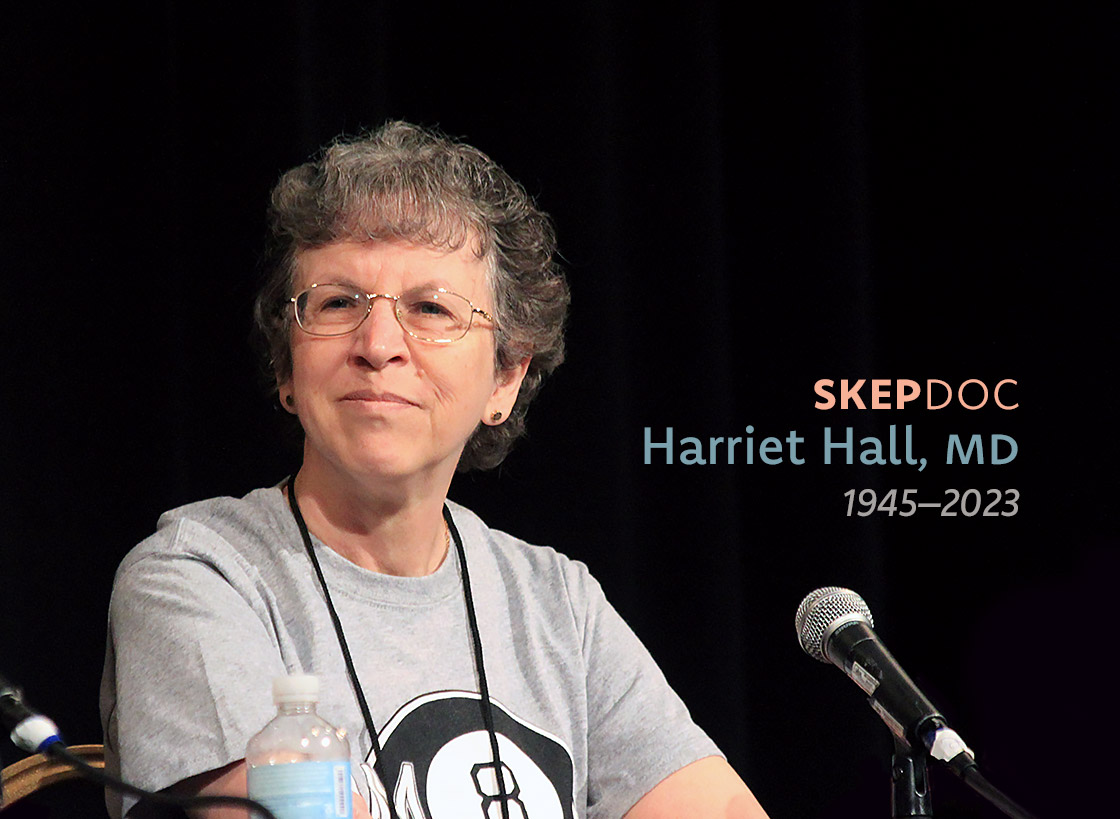
All of us at Skeptic magazine—along with those in the larger skeptical and scientific communities—are sad to announce the passing of Harriet Hall, M.D., widely known as the SkepDoc. Michael Shermer always looked forward to editing Harriet’s SkepDoc column, not only because she was such a lucid writer and critical thinker, but because he learned so much from her…
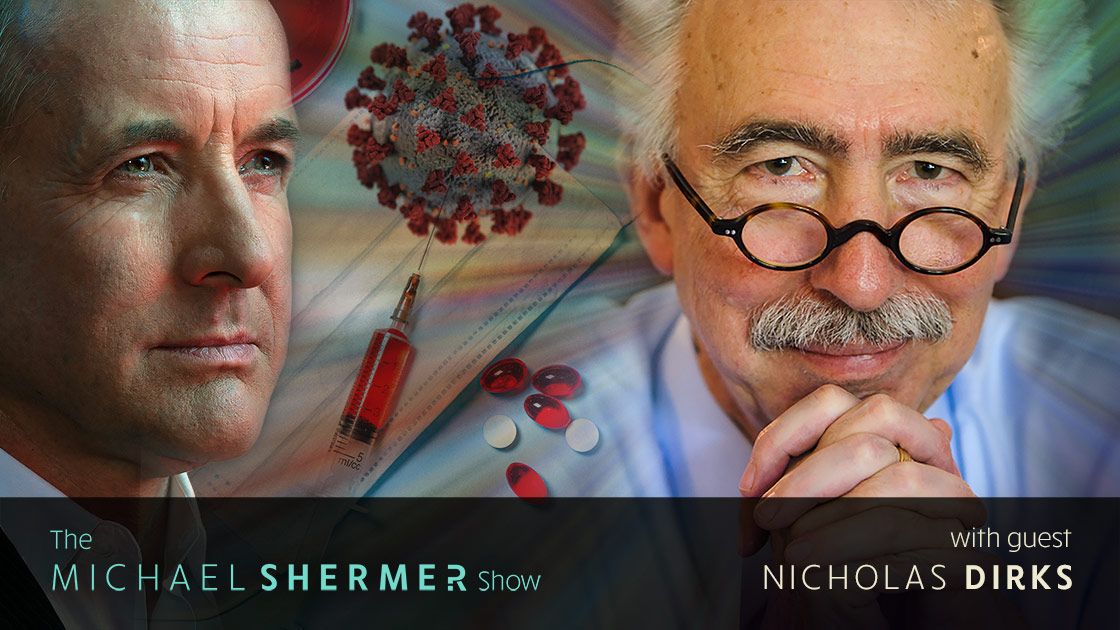
Shermer and Dirks discuss: vaccine hesitancy • why antibiotics do not generate the same distrust • vaccines and autism • COVID-19 and its differential effects on people • the lab-leak hypothesis vs. the zoonomic hypothesis for the origin of SARS CoV-2 • Anthony Fauci and the CDC • climate denial • how trust in science has changed over the past century • the politicization of science • how to talk to someone who doesn’t trust science or scientists.
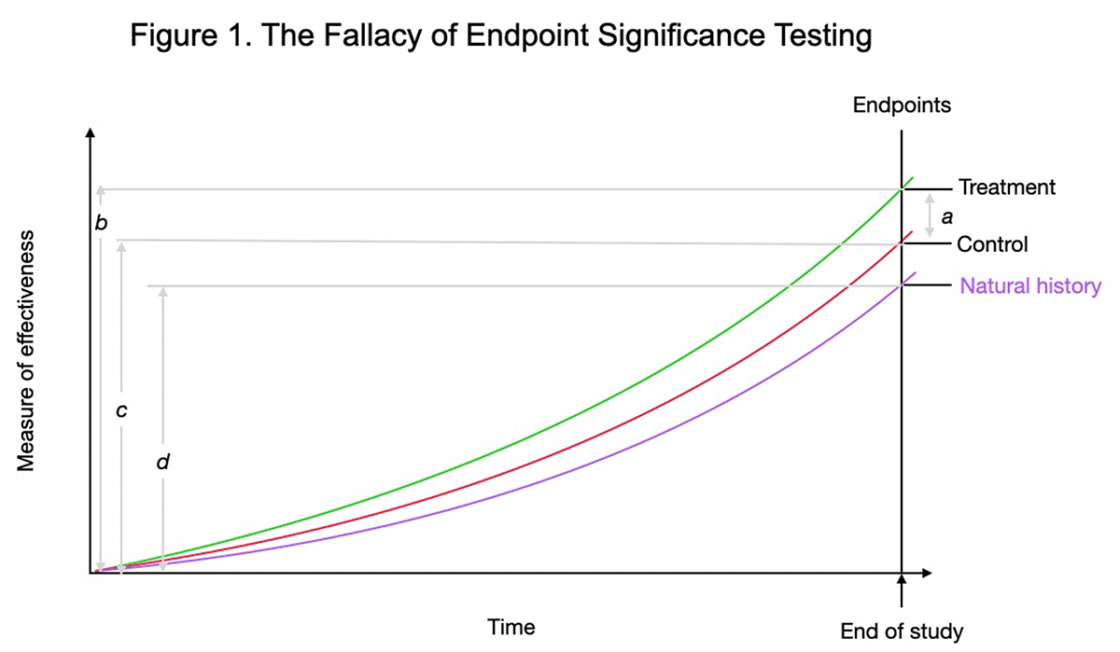
For nearly 20 years, Michael Menke was an influential chiropractor. In this column, he describes a meta-analysis he conducted to evaluate the efficacy of chiropractic, which ultimately led him to abandon the practice and pursue a career in quantitative research.

Ever since the invention of Viagra for ED, there has been a scramble to find the female equivalent, whatever that would be, often described as “female sexual dysfunction.” In this article, the renowned social psychologist Carol Tavris reviews the many claims by pharmaceutical companies that they had created such a drug, and why the problem is so much more challenging than initially thought.
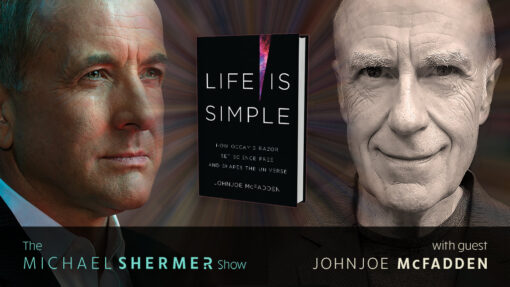
Michael Shermer speaks with Professor of Molecular Genetics, Johnjoe McFadden, about: our medieval ancestors • science and religion • how pre-modern theologians thought about the nature of reality • Ptolemaic vs. Tychonic vs. Copernican world systems • simplicity in math, physics, biology, medicine, and the social sciences • quantum physics and simplicity • Postmodernism and the search for Truth • Is science more Bayesian than Popperian? • the anthropic cosmological principle • the hard problem of consciousness.
Social psychologist Carol Tavris thoughtfully explores and questions “affirmative trans medicine,” the latest dangerous medical practices bubble. Few question the mystifying explosion of cases of gender dysphoria among adolescents and the proliferation of clinics to treat them. Vulnerable teens and baffled parents resort to internet misinformation and succumb to biased media influence, while experts spurn exploratory therapies and promote untested treatments that have long-term effects. Dissenters are vilified and silenced as being transphobic. PLUS: Michael Shermer Speaks with Johnjoe McFadden…
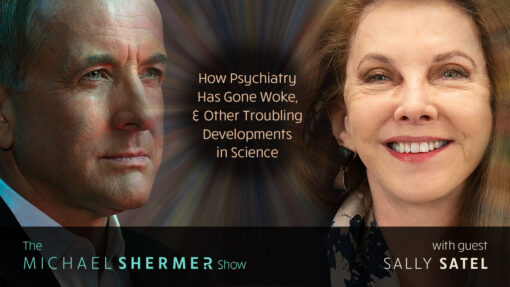
Michael Shermer and professor of psychiatry, Sally Satel, discuss: how political correctness has corrupted medicine • how wokeness and social justice activism has corrupted psychiatry • What is social justice and who is really practicing it? • medical models of mental illness • why mental illness is so hard to treat • medical models of addiction: where they succeed, where they fail • how addictions are treated • Can one be addicted to porn? • Can one be addicted to…
In episode 243 of The Michael Shermer Show, Michael speaks with psychiatrist Dr. Sally Satel about addiction, the opioid crisis, deaths of despair, and how psychiatry has gone woke.

What is osteopathy? What is the difference between an MD, a DO, and an osteopath in the US? Why do students choose a DO school? Should the DO degree be abolished? Find out what Harriet Hall, M.D. says in this column from Skeptic magazine 26.1 (2021).
In episode 193, Michael Shermer speaks with Chris Edwards about educational reform and thought experiments. Plus, Harriet Hall, M.D. discusses osteopathy. What is it? What is the difference between an MD and a DO? Should the DO degree be abolished?
Shermer, Sanford, and Novella try wheatgrass juice, with amusing results. PLUS: in a column from Skeptic magazine 26.2 (2021), Harriet Hall, M.D. recounts that Mark Twain was an enthusiastic proponent of “alternative medicine” long before the term was coined — and much of it remains the same as in his time.

In this column from Skeptic magazine 26.2 (2021), Harriet Hall, M.D. recounts that Mark Twain was an enthusiastic proponent of “alternative medicine” long before the term was coined — and much of it remains the same as in his time.
NEXT →
























